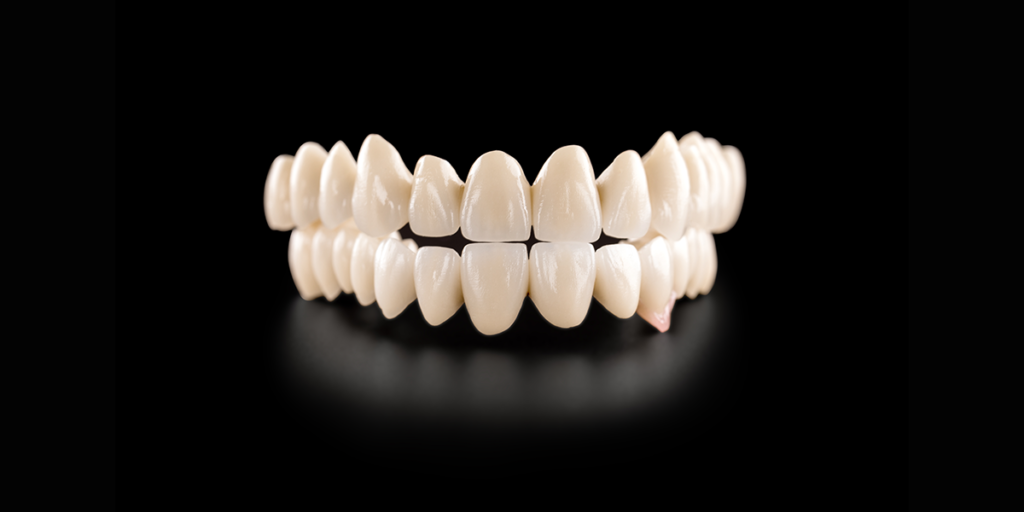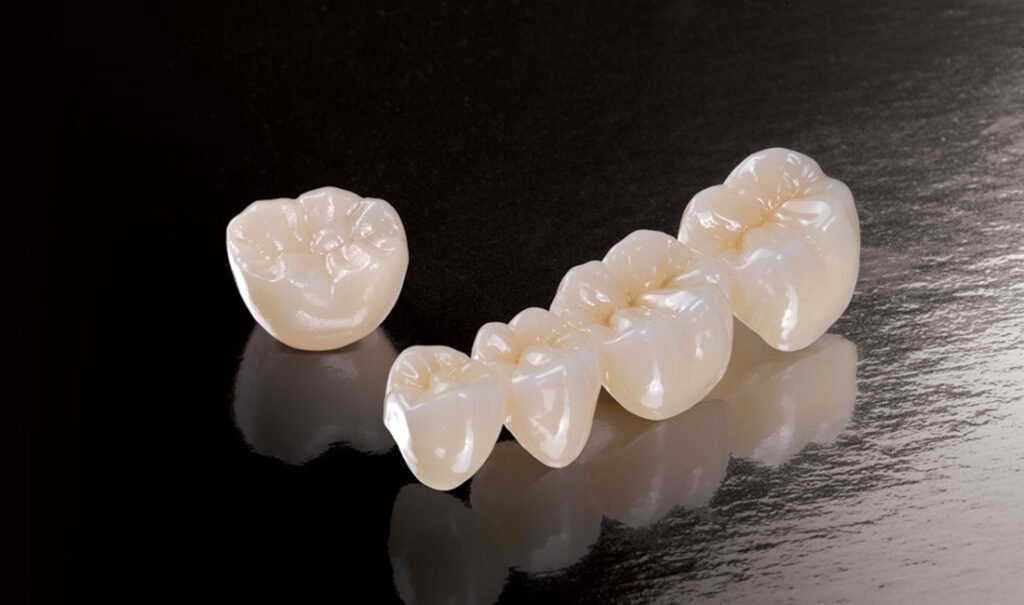BLOG
ZIRCONIA CROWN VS CERAMIC CROWN: A COMPREHENSIVE GUIDE
Introduction
When it comes to dental crowns, the two most popular materials are zirconia and ceramic. Each has its advantages and disadvantages, making the choice between them dependent on individual needs and circumstances. This guide will compare zirconia crowns and ceramic crowns, helping you make an informed decision about which is best for you.
What are zirconia crowns?
Zirconia crowns are made from zirconium dioxide, a very durable type of metal that is related to titanium. Zirconia is known for its strength and durability, making it an excellent choice for dental restorations.
Benefits of zirconia crowns
- Durability: Zirconia is exceptionally strong and can withstand the wear and tear of everyday use.
- Biocompatibility: Zirconia is compatible with the human body, reducing the risk of allergic reactions or adverse effects.
- Aesthetics: Zirconia crowns can be colored to match natural teeth, providing a more aesthetically pleasing result.
Drawbacks of zirconia crowns
- Cost: Zirconia crowns tend to be more expensive than other types of crowns.
- Opacity: Zirconia is less translucent than natural teeth, which can sometimes make the crown look less natural, especially on front teeth.

What are ceramic crowns?
Ceramic crowns are made entirely of porcelain or another type of ceramic material. They are known for their natural look and ability to blend in with surrounding teeth.
Benefits of ceramic crowns
- Aesthetics: Ceramic crowns are highly translucent and can be matched perfectly to the color of your natural teeth, making them ideal for front teeth.
- Biocompatibility: Like zirconia, ceramic is biocompatible and generally well-tolerated by the body.
- Metal-Free: Ceramic crowns do not contain any metal, making them a good option for those with metal allergies or sensitivities.
Drawbacks of ceramic crowns
- Durability: While still strong, ceramic crowns are not as durable as zirconia crowns and can be more prone to chipping or breaking.
- Cost: Ceramic crowns can also be quite expensive, though prices can vary depending on the type of ceramic used.

Conclusion
Both zirconia and ceramic crowns offer excellent solutions for dental restorations, each with unique benefits. Zirconia crowns are highly durable and ideal for molars, while ceramic crowns offer superior aesthetics, perfect for front teeth. Discussing your specific needs with your dentist will help determine the best material for your dental crown.